Forget dial-up internet and clunky Nokia phones. Imagine a time when childhood summers were spent running barefoot, chasing butterflies in sun-drenched fields. No internet pings, just the rhythm of your laughter. A time when dirt was a badge of honor, not a nuisance, and stories were shared under starry skies, not on glowing screens.
That’s where our story begins – not in a boardroom, but in the heart of rural India.
DeHaat – the brainchild of four young minds who saw the simplicity of rural life and the immense potential hidden beneath the fertile soil. And turned it into India’s largest agritech venture worth over $700M.
Let’s dig deeper and find out how a seed of hope bloomed into a bountiful harvest and is rewriting the future of Indian agriculture.
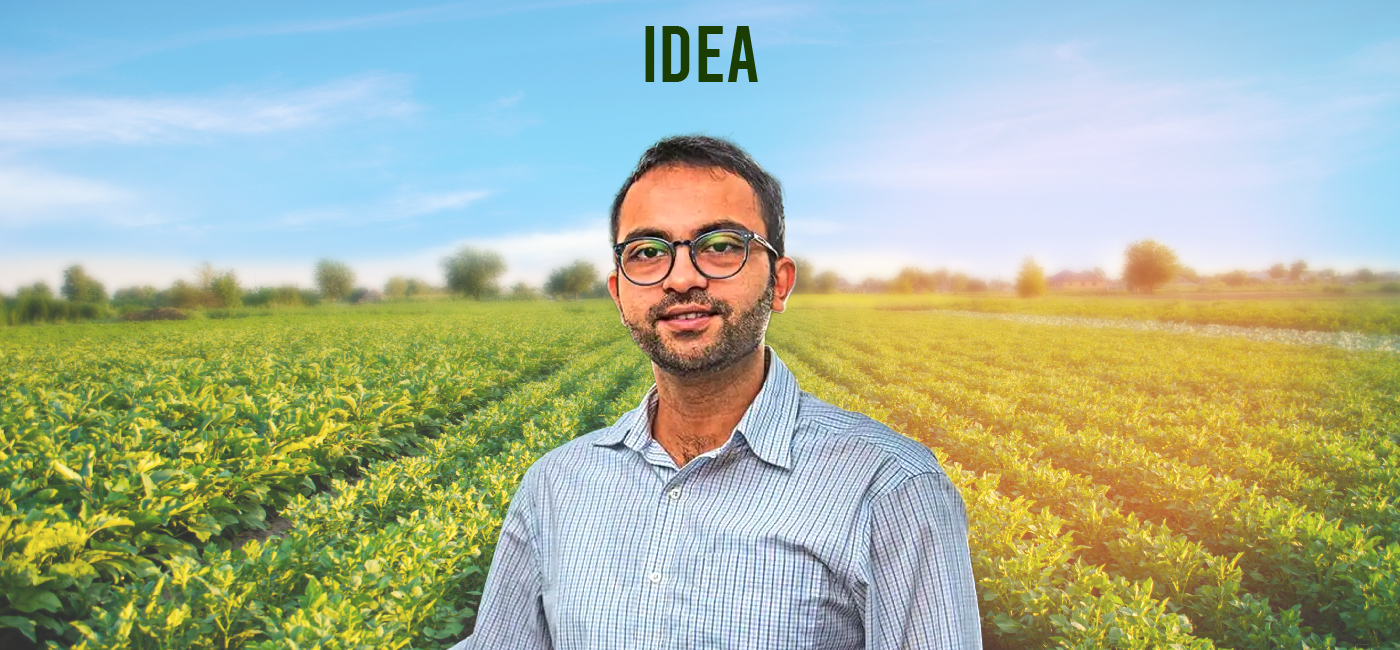
The Seed is Sown
Growing up on a 3.2-acre farm in Bihar, Shashank saw farmers struggling due to the lack of fair prices, quality inputs, and reliable information.
It wasn’t just a problem but a call to arms.
That’s when Shashank thought resolving Indian farming ecosystem issues through modern technology was the best idea. Partnering with his friends Amrendra Singh, Shyam Sundar, and Adarsh Srivastav, DeHaat was introduced in 2012 as a call center providing farmers with the necessary information.
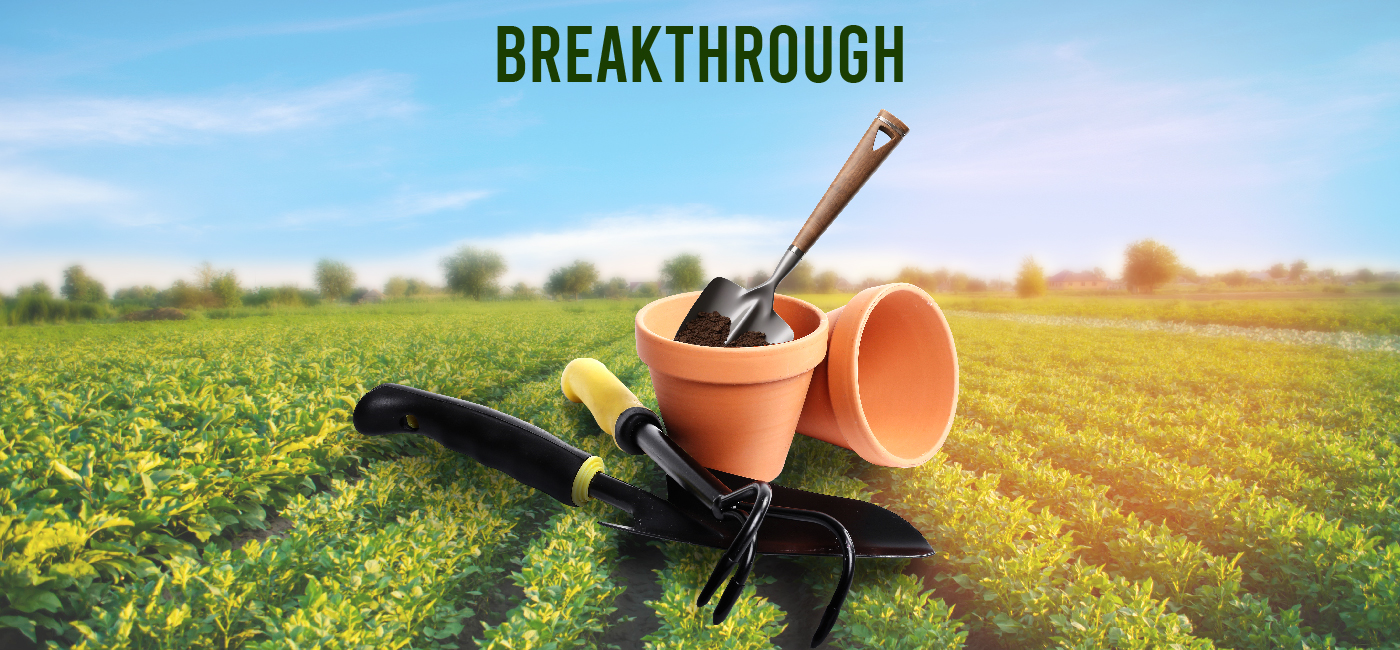
From Seedling To Sprout
Farmers needed more than information; they needed seeds, fertilizers, soil testing, and everything else to help them grow. And that’s when DeHaat took root, transforming from an information hub to a full-fledged integrated platform.
DeHaat’s first breakthrough came in the form of a simple mobile app. This app was meant to connect farmers directly to suppliers, eliminating middlemen and ensuring fair prices for inputs like seeds and fertilizers.
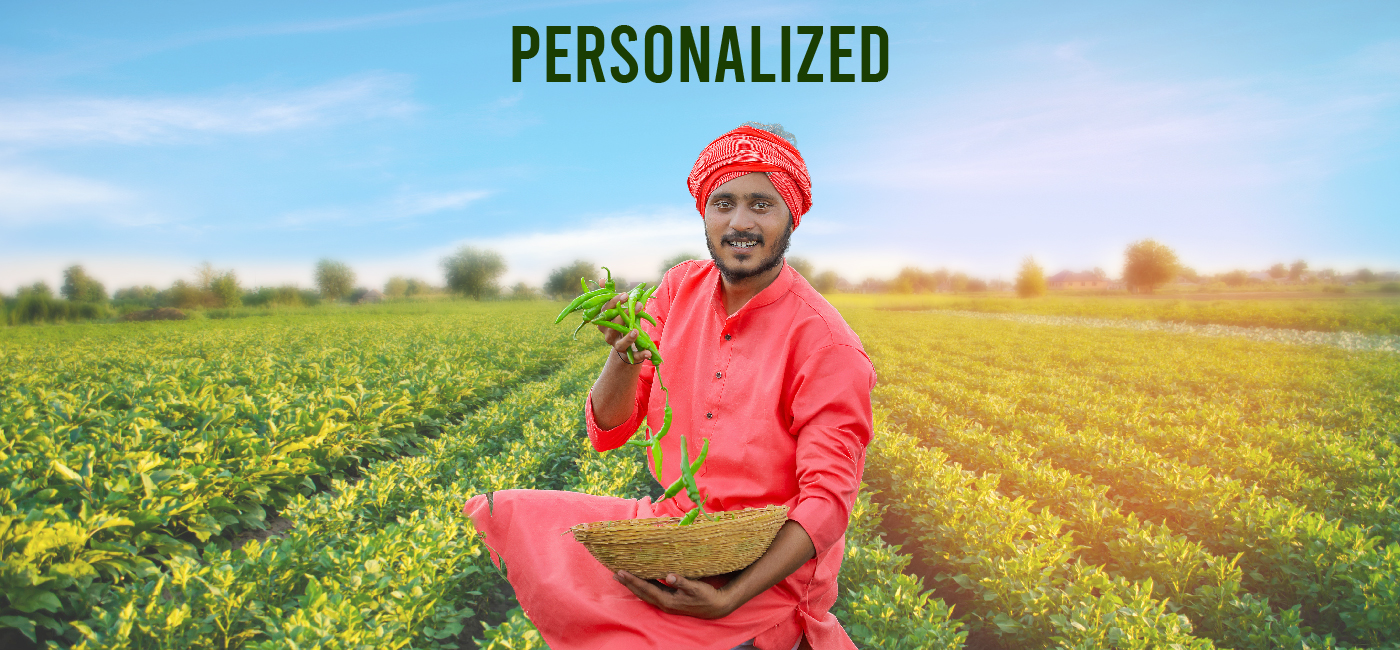
Going The Extra Mile
Farmers, accustomed to traditional methods, were hesitant to embrace technology. Convincing them of the benefits of a digital platform required patience, a personalized approach, and building trust.
DeHaat’s team went the extra mile, conducting field visits, organizing farmer demonstrations, and ensuring their platform offered solutions in local languages.
Slowly, farmers realized the value of real-time market updates, access to quality inputs, and a transparent pricing system.
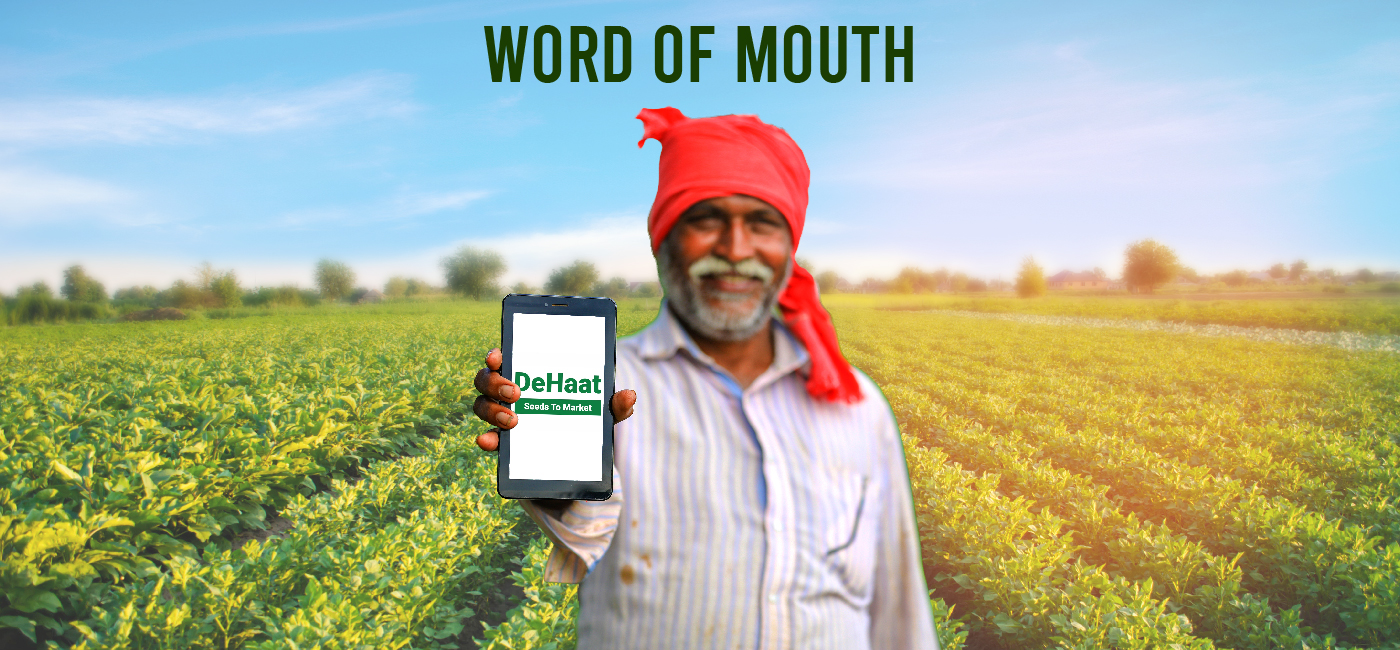
Growing Adoption
Word spread like wildfire, and DeHaat’s reach grew rapidly. They expanded their services, offering inputs, market linkages, crop advisory, and financial solutions.
Building a network of local entrepreneurs called “DeHaat Centers,” they ensured physical touchpoints and personalized support for farmers in their villages.
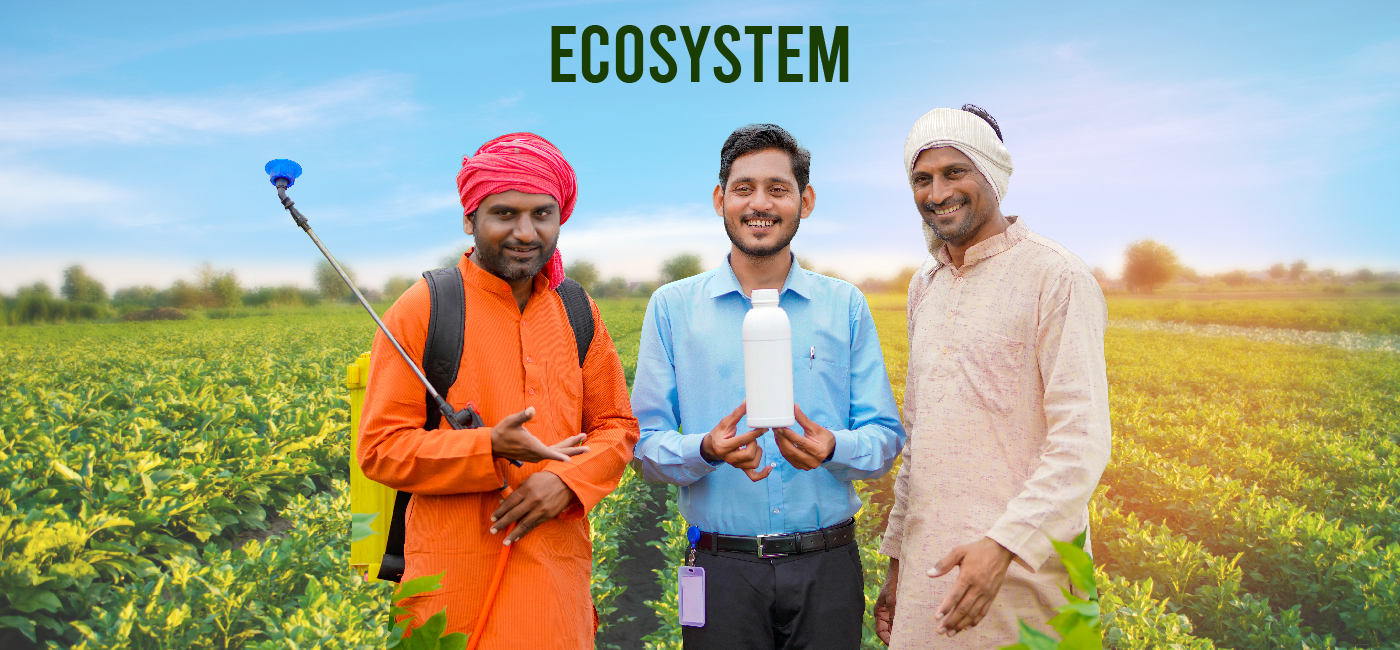
Takes Shape
The company formed a network of local agents called “Krishi Saathis,” equipped with all the digital tools to help farmers place orders, get advice, and access credit.
DeHaat wasn’t just selling technology; they built a community, empowering farmers to become informed decision-makers.

The Journey Wasn’t Easy
Growing up in different parts of India with unique farming styles was tough. The lack of roads, scattered markets, and slow internet made things even harder. They had to constantly improve delivery, product quality, and last-mile services in remote areas.
Plus, they faced competition from established companies such as Waycool, Agrostar, Arya.org, and others. The regulatory bodies kept changing rules. However, they kept learning and adapting, making them stronger.
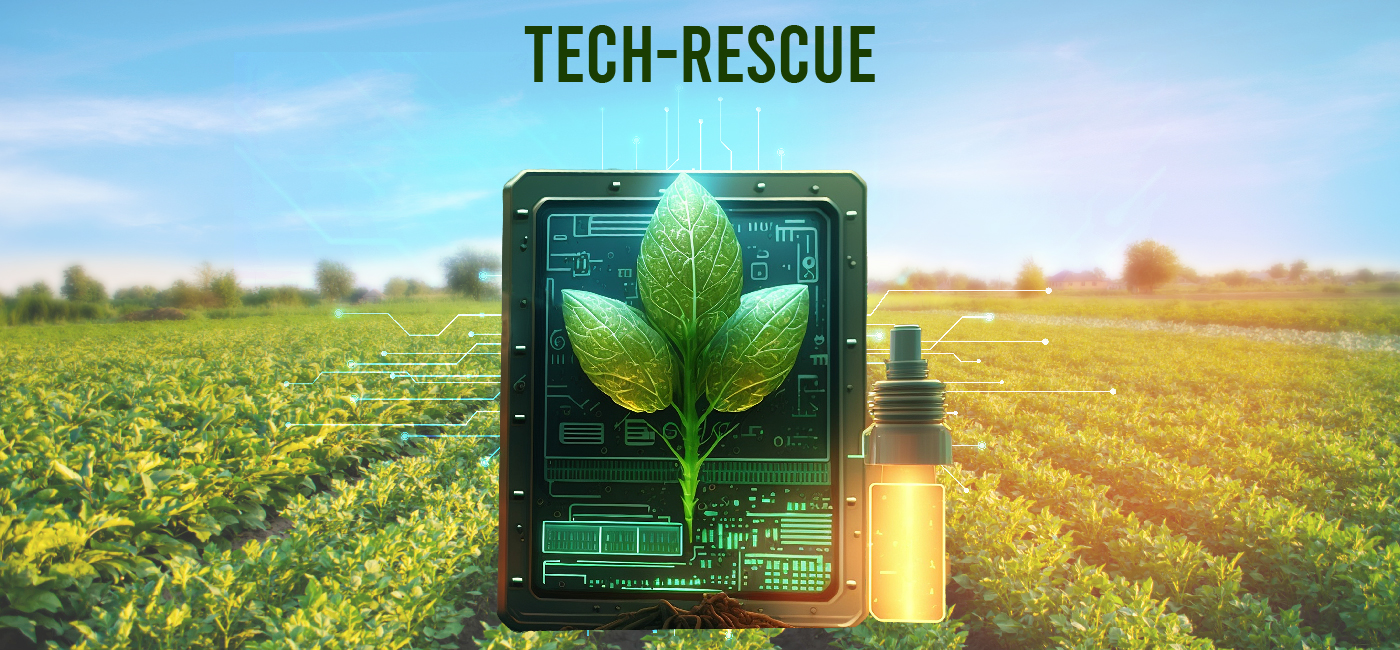
Response to Unique Challenges
Instead of shying away from problems, DeHaat used tech to fight back. They created “Krishi Manthan,” an AI platform that gives farmers personalized advice, weather alerts, and market info in their languages.
They also used data to streamline deliveries, reducing waste and ensuring supplies arrived on time. Partnering with local stores as “DeHaat Centers” built trust and made things easier for farmers in remote areas.
Even when the pandemic hit, DeHaat’s online platform kept essential supplies flowing, proving that tech can be a powerful weapon for good.
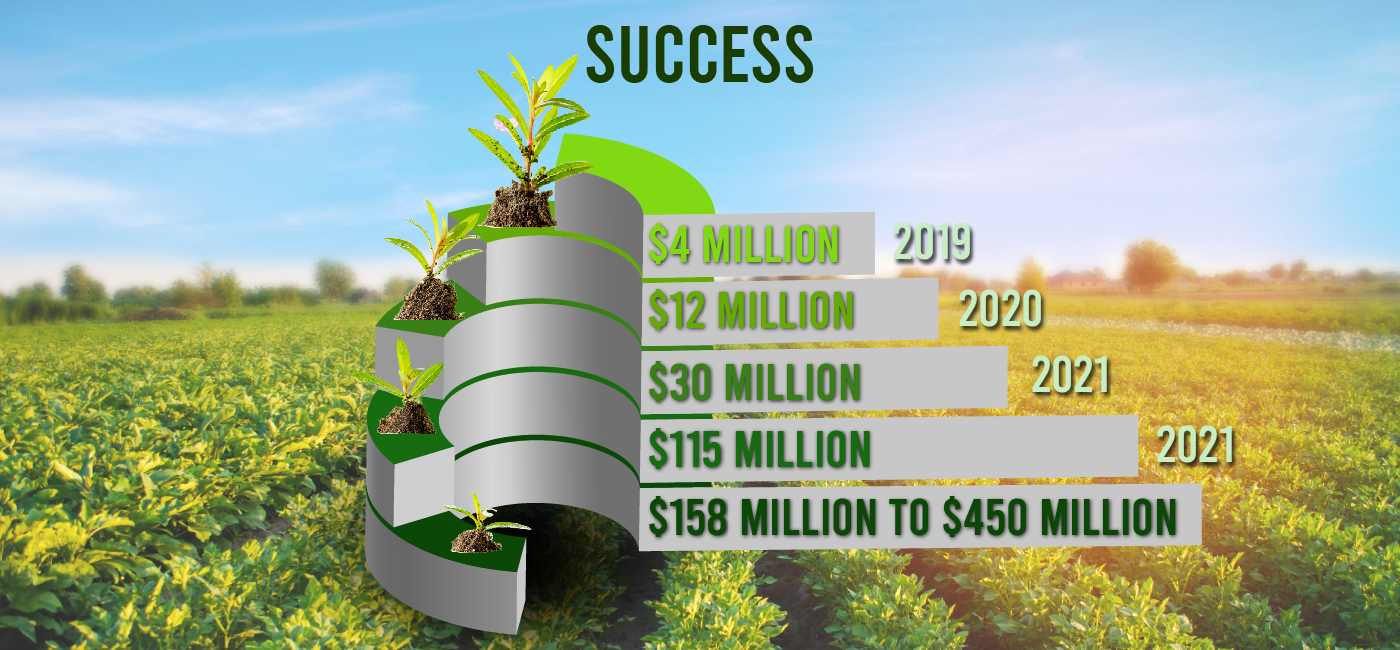
From Bootstrap to Millions
Their dedication and commitment paid off. By 2019, DeHaat had secured its first institutional funding of $4 million, marking a turning point.
The funding tap remained open. In 2020, $12 million followed, and 2021 saw a $30 million Series C round. But the $115 million Series D round in 2021, led by Sofina and Lightrock India, truly catapulted DeHaat.
This massive investment fueled their expansion and skyrocketed their valuation from $158 million to $450 million.
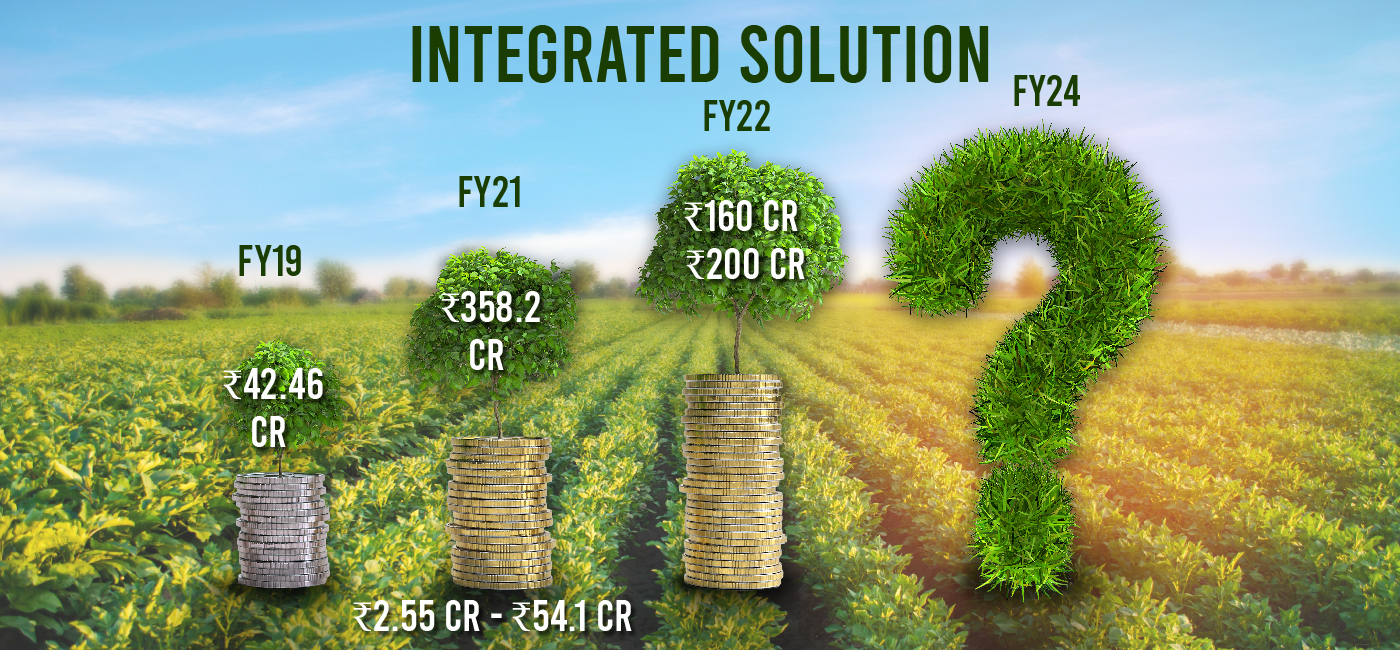
A Full-Stack Approach
DeHaat’s success goes beyond just numbers. Their progress has been heady – revenue jumping from Rs 42.46 crore in FY19 to Rs 358.2 crore in FY21, while losses remained manageable, increasing from Rs 2.55 crore to Rs 54.1 crore during the same period.
For FY22, they were on track for over six-fold growth, with monthly revenue between Rs 160 crore and Rs 200 crore, and as for FY24.
But DeHaat’s impact extends beyond financials. Their deep understanding of rural India, recognized early on by investors like Omnivore, played a crucial role.
As Prosus Ventures’ Ashutosh Sharma points out, this holistic approach makes them unique in tackling the “pain points of a farmer.”
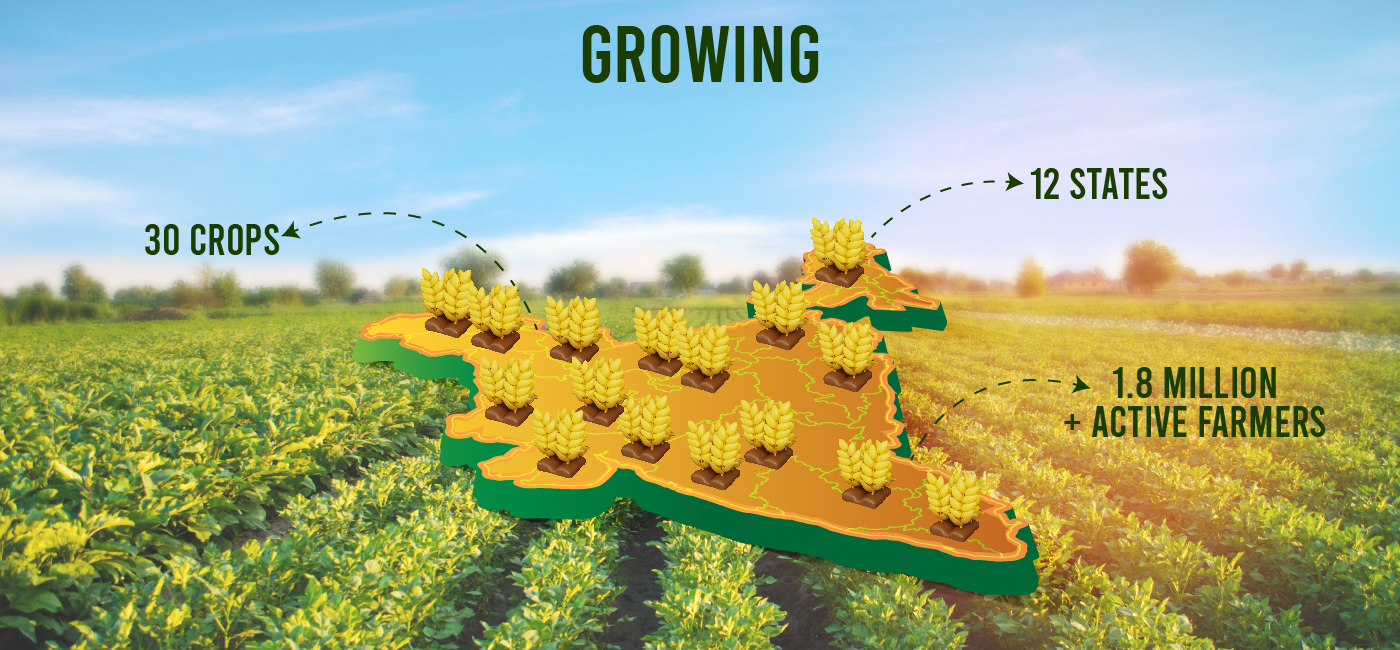
Seeds of Change
With a footprint exceeding 11,000+ DeHaat Centers and 503 FPOs across 12 states, DeHaat serves a vibrant community of 1.8 million+ active farmers.
From wheat to lentils, DeHaat’s AI advisors speak the language of over 30 crops, offering personalized guidance to farmers in their local language.

Expanding Through Acquisitions
DeHaat hasn’t just grown organically and strategically expanded its reach through acquisitions.
With approximately $20 million invested so far, DeHaat has acquired six businesses: Vezamart, Farmguide, Helicrofter, YCook, FieldFresh Foods, and most recently, Freshtrop Fruits.
This strategic move allows them to offer a broader range of services and cater to different segments within the agricultural ecosystem, solidifying their position as a comprehensive one-stop shop for farmers.
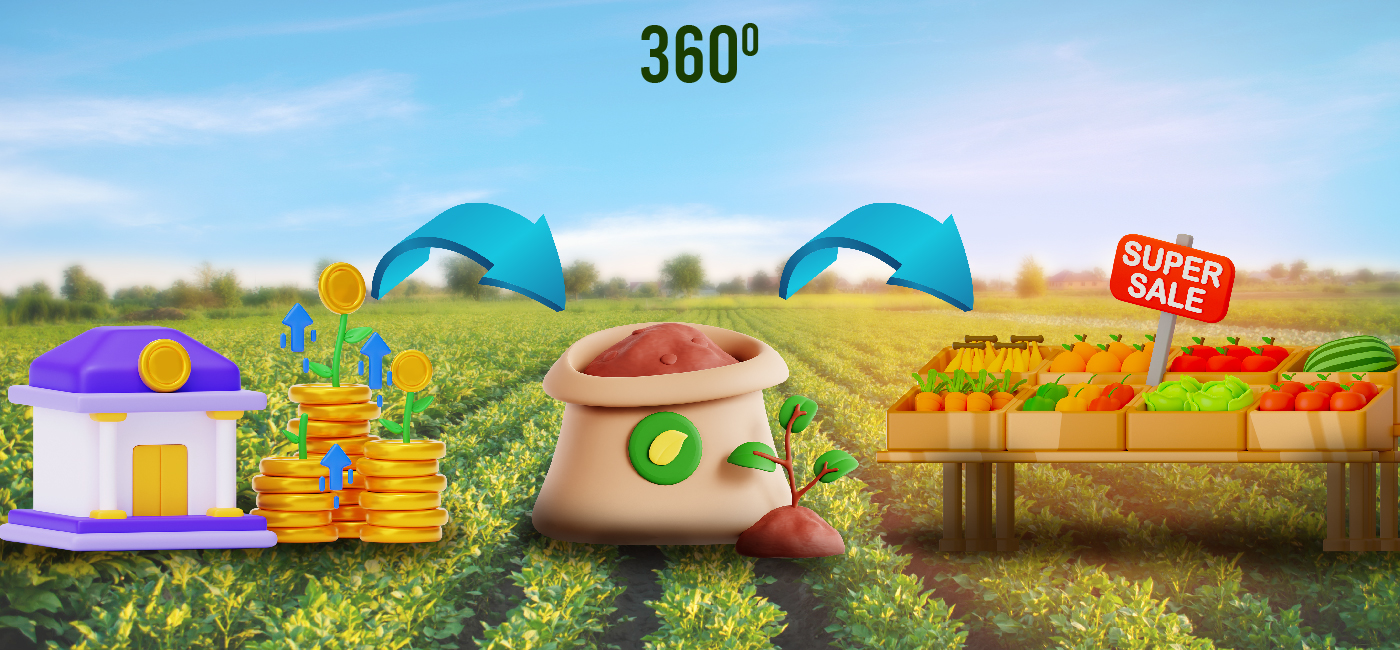
Branching Out
DeHaat’s vision extended beyond just connecting farmers to markets. They realized the need for holistic support, offering financial services like micro-loans and insurance.
Recognizing the role of women in agriculture, they launched initiatives to empower female farmers with training and financial independence.
Their unwavering commitment to social impact earned them the prestigious “Great Place to Work” certification for two consecutive years.
They promote sustainable farming methods, helping farmers conserve water and improve soil health.

Looking Ahead
DeHaat aims to reach 50 million farmers by 2025, leveraging technology and partnerships to create a truly inclusive and sustainable agricultural ecosystem.
The startup is in talks to raise its Series E round at a pre-money valuation of $900 million. This could take DeHaat’s post-money valuation to over $1 Bn, making it the first agritech startup in the country to turn unicorn.
As we look forward, DeHaat’s story serves as a beacon of hope for rural India. It is a story of innovation, resilience, and the transformative power of technology.
How useful was this post?
Click on a star to rate it!
Average rating 4.3 / 5. Vote count: 35
No votes so far! Be the first to rate this post.
I’m Archana R. Chettiar, an experienced content creator with
an affinity for writing on personal finance and other financial content. I
love to write on equity investing, retirement, managing money, and more.
























